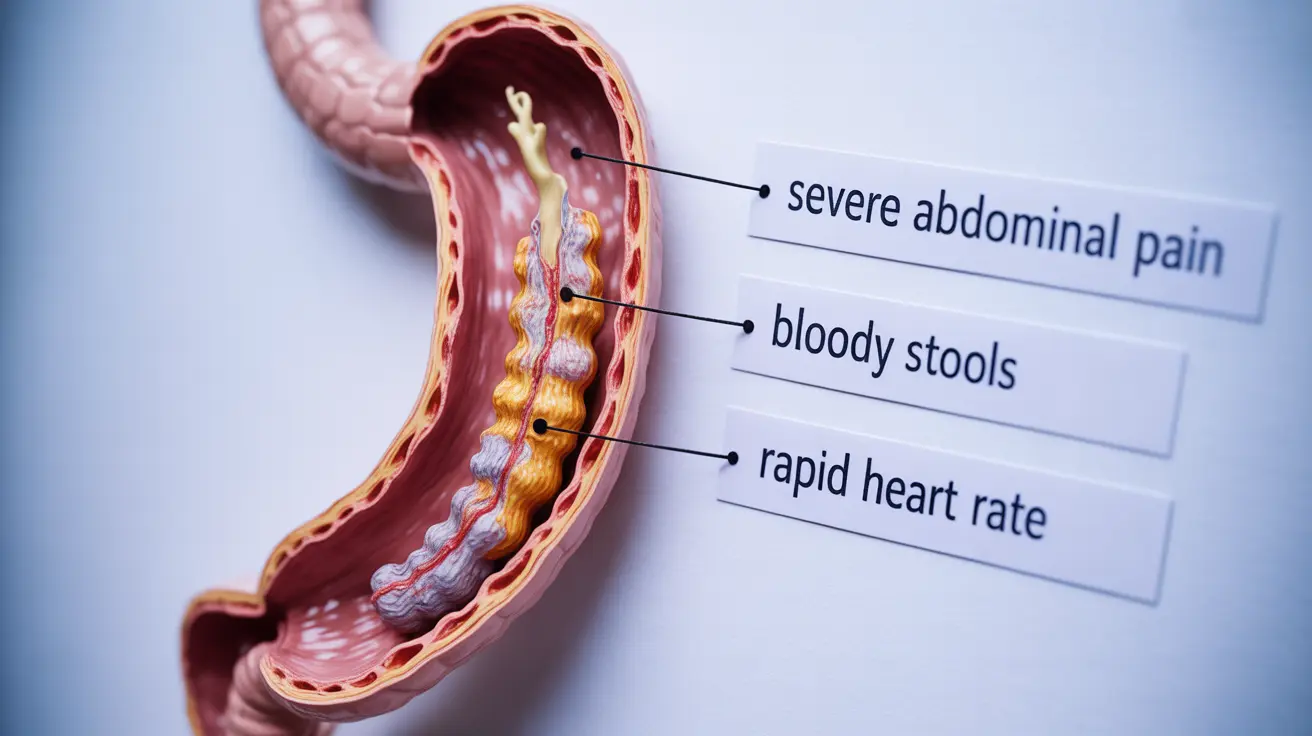Necrotizing enterocolitis (NEC) is a serious gastrointestinal condition that, while primarily known to affect premature infants, can also occur in adults. This condition involves inflammation and death of intestinal tissue, potentially leading to severe complications if not promptly diagnosed and treated. Understanding the unique presentation and management of NEC in adults is crucial for healthcare providers and patients alike.
Although rare in the adult population, recognizing NEC is vital as it can be life-threatening and requires immediate medical intervention. This article explores the key aspects of adult NEC, including its symptoms, diagnosis, risk factors, and treatment options.
Understanding Adult Necrotizing Enterocolitis
Adult NEC differs significantly from its neonatal counterpart, presenting unique challenges in diagnosis and treatment. The condition occurs when portions of the intestine become inflamed and begin to die, potentially leading to perforation and severe infection. Unlike in infants, adult cases often develop secondary to other underlying medical conditions or risk factors.
Common Symptoms and Warning Signs
The symptoms of necrotizing enterocolitis in adults can develop rapidly and may include:
- Severe abdominal pain
- Abdominal distention
- Nausea and vomiting
- Bloody stools
- Fever
- Rapid heart rate
- Low blood pressure
- Mental status changes
These symptoms can progress quickly, making early recognition crucial for successful treatment outcomes.
Risk Factors and Causes
Several factors can increase an adult's risk of developing NEC:
- Recent major surgery
- Cardiovascular disease
- Severe trauma
- Shock or low blood flow to the intestines
- Immunosuppression
- Chronic inflammatory conditions
- Severe infections
- Extended use of certain medications
Diagnostic Approaches
Diagnosing NEC in adults requires a comprehensive evaluation including:
- Physical examination
- Blood tests to check for infection and inflammation markers
- Imaging studies (X-rays, CT scans)
- Endoscopic evaluation when appropriate
- Assessment of vital signs and organ function
Treatment Options
Treatment for adult NEC typically involves a multi-faceted approach:
Immediate Interventions
- Bowel rest (nothing by mouth)
- Intravenous fluids
- Broad-spectrum antibiotics
- Pain management
- Careful monitoring of vital signs
Surgical Management
In severe cases, surgical intervention may be necessary to:
- Remove damaged intestinal tissue
- Repair perforations
- Create temporary ostomies
- Address complications
Prevention and Management
While not all cases of adult NEC can be prevented, certain measures can help reduce risk:
- Regular monitoring of high-risk patients
- Proper management of underlying conditions
- Early intervention when symptoms appear
- Maintaining adequate blood flow to the intestines
- Careful medication management
Frequently Asked Questions
What are the common symptoms and warning signs of necrotizing enterocolitis in adults? The most common symptoms include severe abdominal pain, distention, bloody stools, fever, and rapid heart rate. Adults may also experience nausea, vomiting, and mental status changes.
How is necrotizing enterocolitis diagnosed and distinguished from other causes of acute abdomen in adults? Diagnosis involves physical examination, blood tests, imaging studies (X-rays and CT scans), and sometimes endoscopic evaluation. The condition is distinguished by specific patterns of intestinal damage visible on imaging and characteristic clinical presentations.
What are the main causes and risk factors of necrotizing enterocolitis in adults? Main risk factors include recent major surgery, cardiovascular disease, severe trauma, shock, immunosuppression, chronic inflammatory conditions, and severe infections.
What treatment options are available for adults diagnosed with necrotizing enterocolitis? Treatment options include bowel rest, intravenous fluids, antibiotics, pain management, and often surgical intervention to remove damaged tissue or repair perforations.
How does necrotizing enterocolitis in adults differ from the condition seen in premature infants? Adult NEC typically occurs secondary to other medical conditions or risk factors, while in premature infants, it's often related to immature intestinal development. Adults generally have different risk factors, treatment approaches, and outcomes compared to infant cases.




